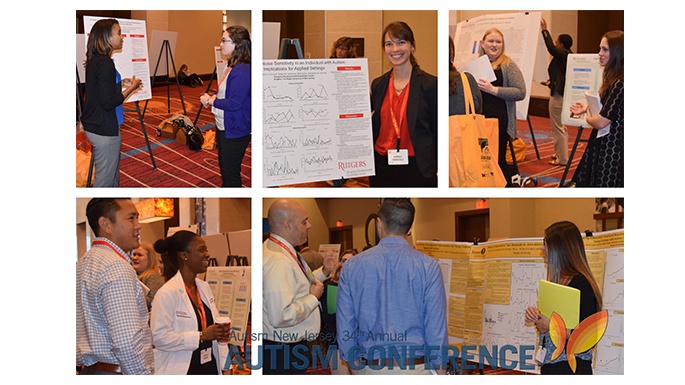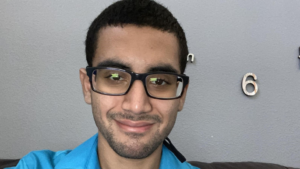And she truly has made that impact! This guest Q&A is with Elizabeth Neumann, M.A., BCaBA who is the Education & Training Manager of Autism New Jersey.
Hi Elizabeth! In your role as a teacher, what would you say were some of the biggest differences for you teaching students with autism in the general versus special education settings?
Although I taught in both settings, as always, the teaching depended on the individual needs of each student with ASD. Many can thrive in the general education setting with minimal supports, but others require the intensity of intervention and smaller instructional groups (or even 1:1) that is often more effectively carried out in special education classrooms. It was important to me that each student’s time was used most effectively each day, so the placement decision for every minute of his/her day was based on that. Students in a self-contained class could participate in a general education class whenever it would be the best choice for each individual. For one, that might be just lunch and recess (with support), but for another that could also include Math because he was able to learn that content with his peers. As the year progressed, some were able to add additional time in general ed., but others required ongoing intensive supports. It was actually my experience with students with autism placed in my general ed. classroom early in my career that inspired me to learn more about how to help them in a more specialized way and become certified in special education and behavior analysis.
Autism New Jersey’s Annual Autism Conference has become one of the largest conferences out there today in the United States. What do you attribute to the ongoing success of your event?
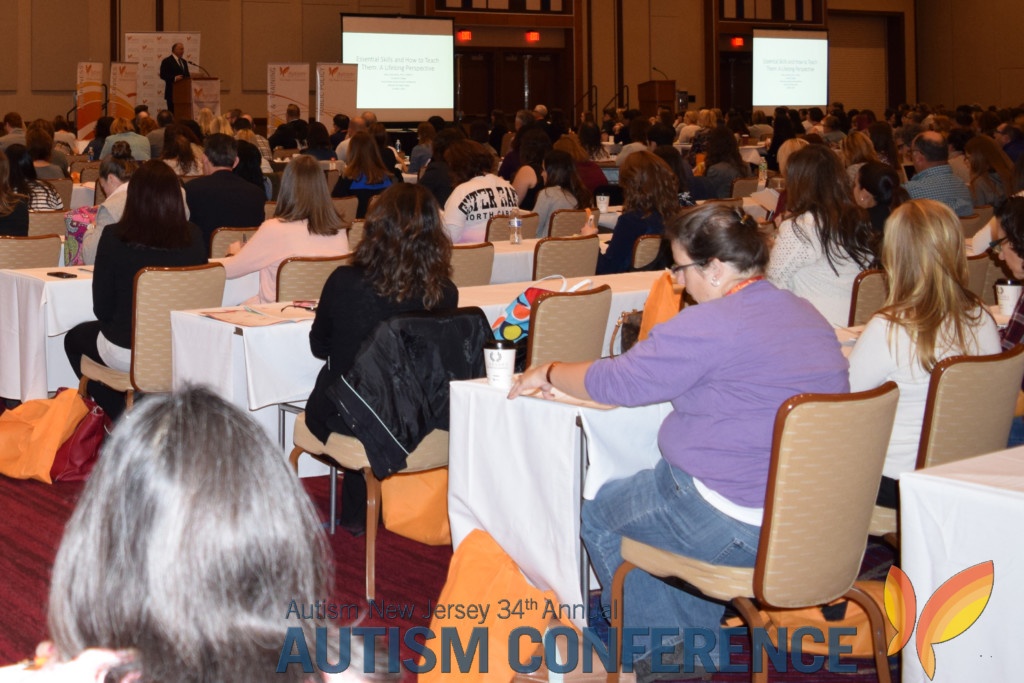
The first thing that comes to mind is a lot of hard work from everyone involved. We appreciate all of the time and preparation required of all our presenters, exhibitors, and everyone who adds to our conference. Approximately 1,300 people were onsite this year, and everyone’s effort and collaboration led to reportedly great results. We are so proud of the impact our conference has each year and the feedback we receive on just how much it helps families and professionals. This renews our tiny staff’s commitment and dedication each year to make it even more beneficial to the autism community. It also led us to create a second yearly conference specifically focused on the transition to adulthood. This year, the Transition Conference will be held on May 1 in Woodbridge, and we are excited about the presenters, topics, and exhibits that will all focus on this critical time of life. I believe that what sets our conferences apart is our very high standards as far as the evidence-base behind the content our presenters, exhibitors, sponsors, and advertisers share. We have a clinical review process for every submission so that we can be sure we are meeting our responsibility of sharing credible and reliable information with those who rely on it so much. Presenters and sponsors are proud to participate because of the quality and reputation of the conferences, and our attendees appreciate that they can have confidence and peace of mind that they will get reputable information from Autism New Jersey. This brings many back each year to enjoy being together and learning essential information.
What has been one of your favorite presentations you’ve gave in your role as a presenter. You have quite the resume.
When I left teaching to come to Autism New Jersey, I was eager to impact individuals with autism on a larger scale than the few I worked with directly each year. Because of this, I found my work training public school administrators very meaningful. It can be challenging for teachers to work with administrators who have no prior training in meeting the unique needs of those with autism. After focusing my master’s research and thesis on this critical group, I had Autism New Jersey’s support to create a publication and conduct trainings throughout the state. Providing administrators with practical information on best practice was beneficial not just to them but to their teachers and students. Another group I always enjoy presenting to is paraprofessionals. Again, they often have no training in autism even though they are such a critical support to many students. The ones I’ve worked with have been so eager to learn this background and strategies so they can be more helpful to their students.
Resources are sometimes difficult to come by in the school systems. What would be a message you’d share with special education teachers who may be struggling with that issue in their classrooms?
Contact Autism New Jersey! Teachers frequently contact our Helpline (800.4.AUTISM or information@autismnj.org) with questions about IEPs, trainings, transition from school, resources, strategies, and more. My colleagues in the Information Department know NJ’s educational code inside and out, so they are a wealth of knowledge. Callers from other states also find them very helpful. In addition to our free Autism Awareness Month resources and networking opportunities available each year, we have many free publications that can be helpful in between what they can learn at our conferences. In particular, I’d recommend Autism: Start Here; ABA Fact Sheet; Elopement & Wandering: Your Guide to Safety Resources; and Autism for Public School Administrators: What You Need to Know (helpful for teachers as well).
What’s next for you? Anything fun coming up?
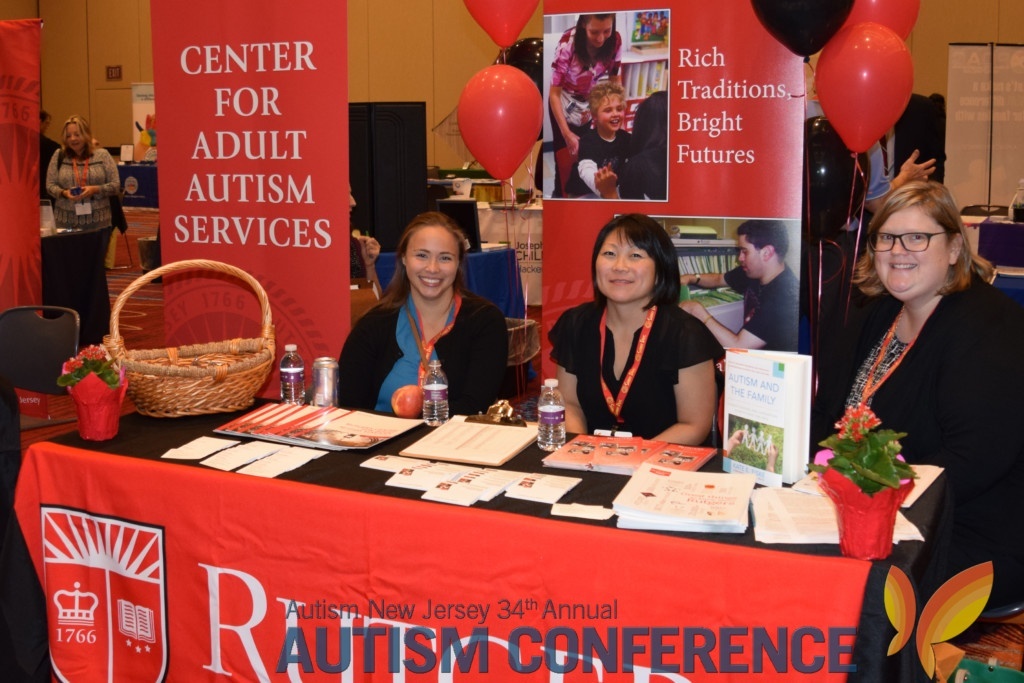
Believe it or not, I am already deep into planning for our next Transition Conference (May 1) and Annual Conference (Oct. 19-20)! I’m enjoying reading the feedback from last October and brainstorming with my team to make these next conferences even better. Workshop proposals are coming in every day, and I enjoy reading about the new topics that are being explored. We moved our Annual Conference to Harrah’s brand-new Waterfront Conference Center last year, so now that we’ve completed one event there, we have a better picture of how to further maximize this great space for next year. We’ve been able to expand the number of participants in each conference every year so are excited to continue to meet the needs of the autism community.
Anything else you’d like to share with our readers?
Just that Autism New Jersey is here for them—whether they are self-advocates, family members, professionals, or the general public looking to get involved. In addition to the public policy work we’re accomplishing in Trenton and Washington, the free resources and connections we provide, and our relevant conferences and trainings, our Helpline is always available at 800.4.AUTISM or information@autismnj.org. We always enjoy collaborating with you, Kerry, and hope to see or hear from you and your readers soon!
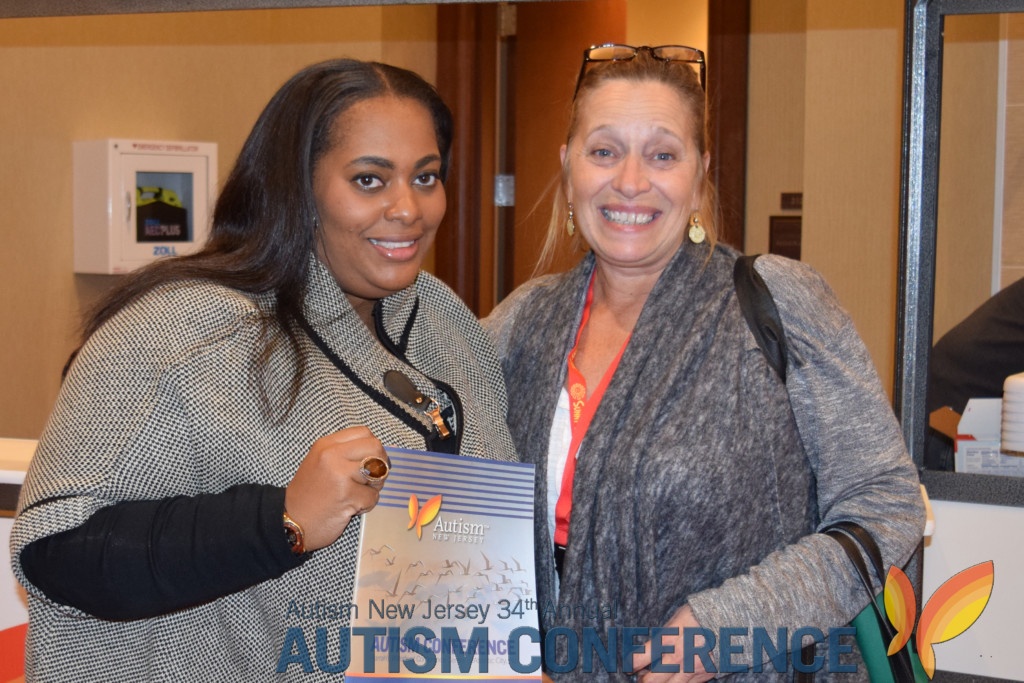
Learn more about Autism New Jersey at…
Facebook: AutismNJ
Twitter: @AutismNJ
Instagram: @AutismNewJersey

